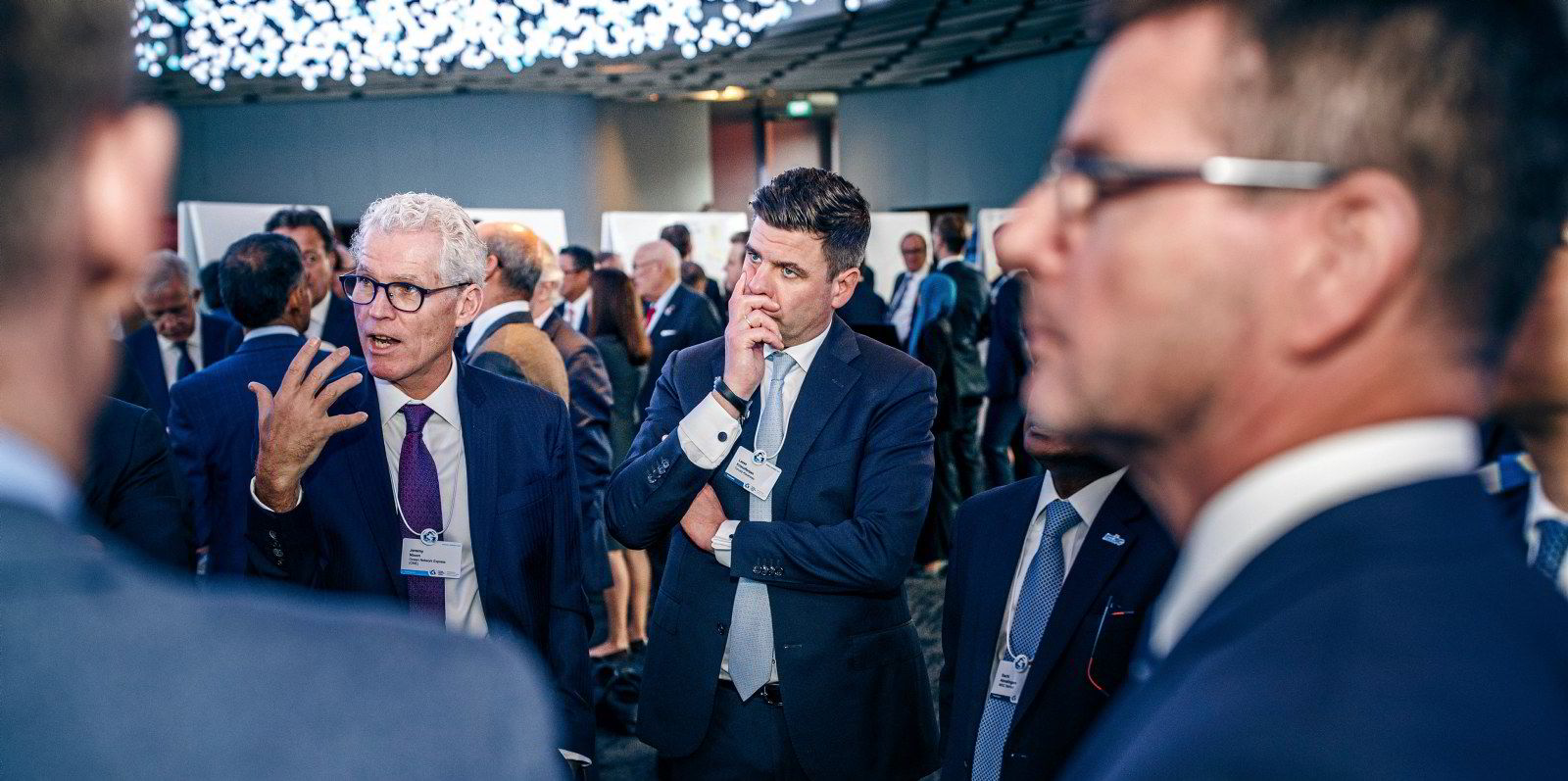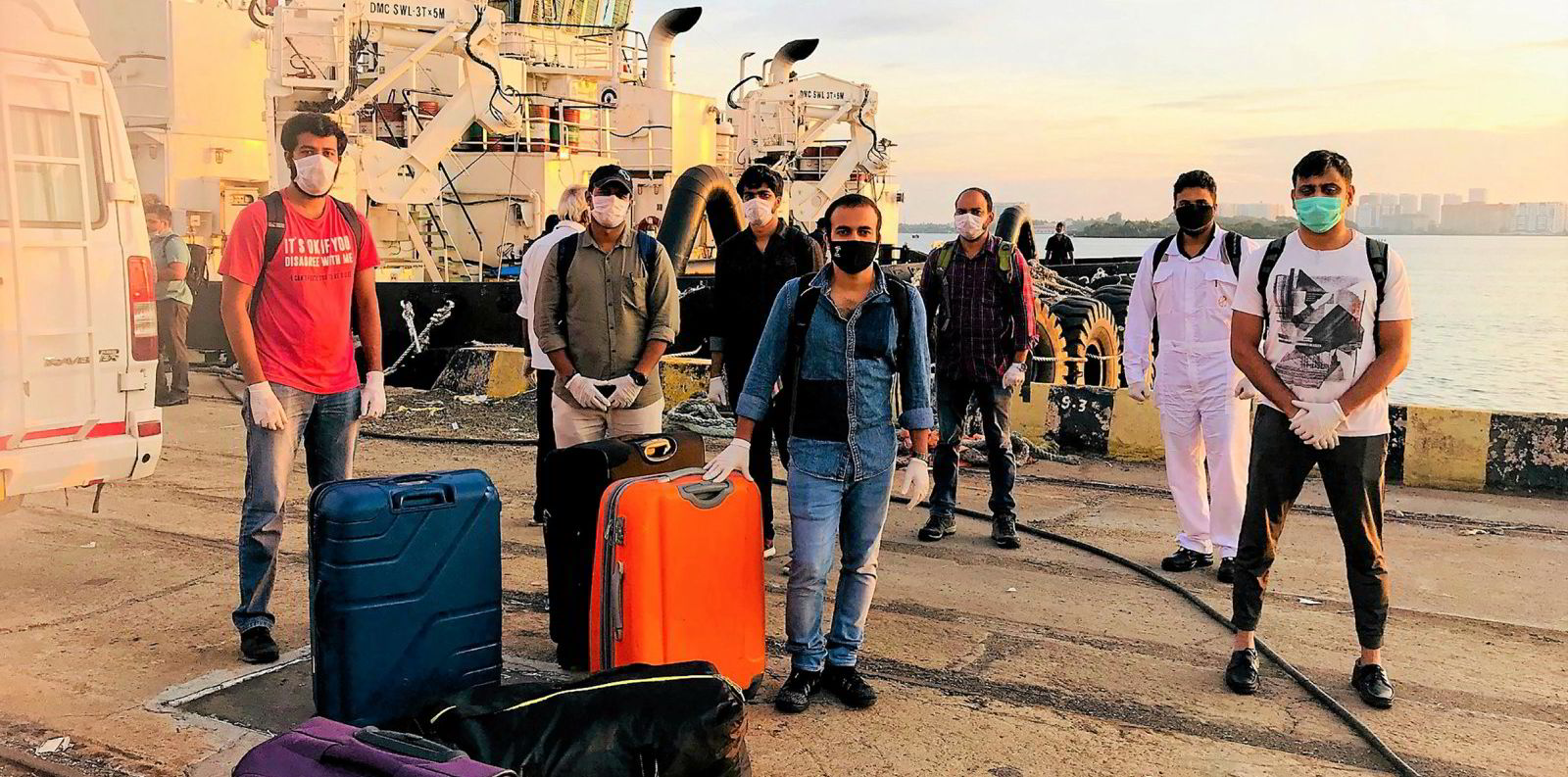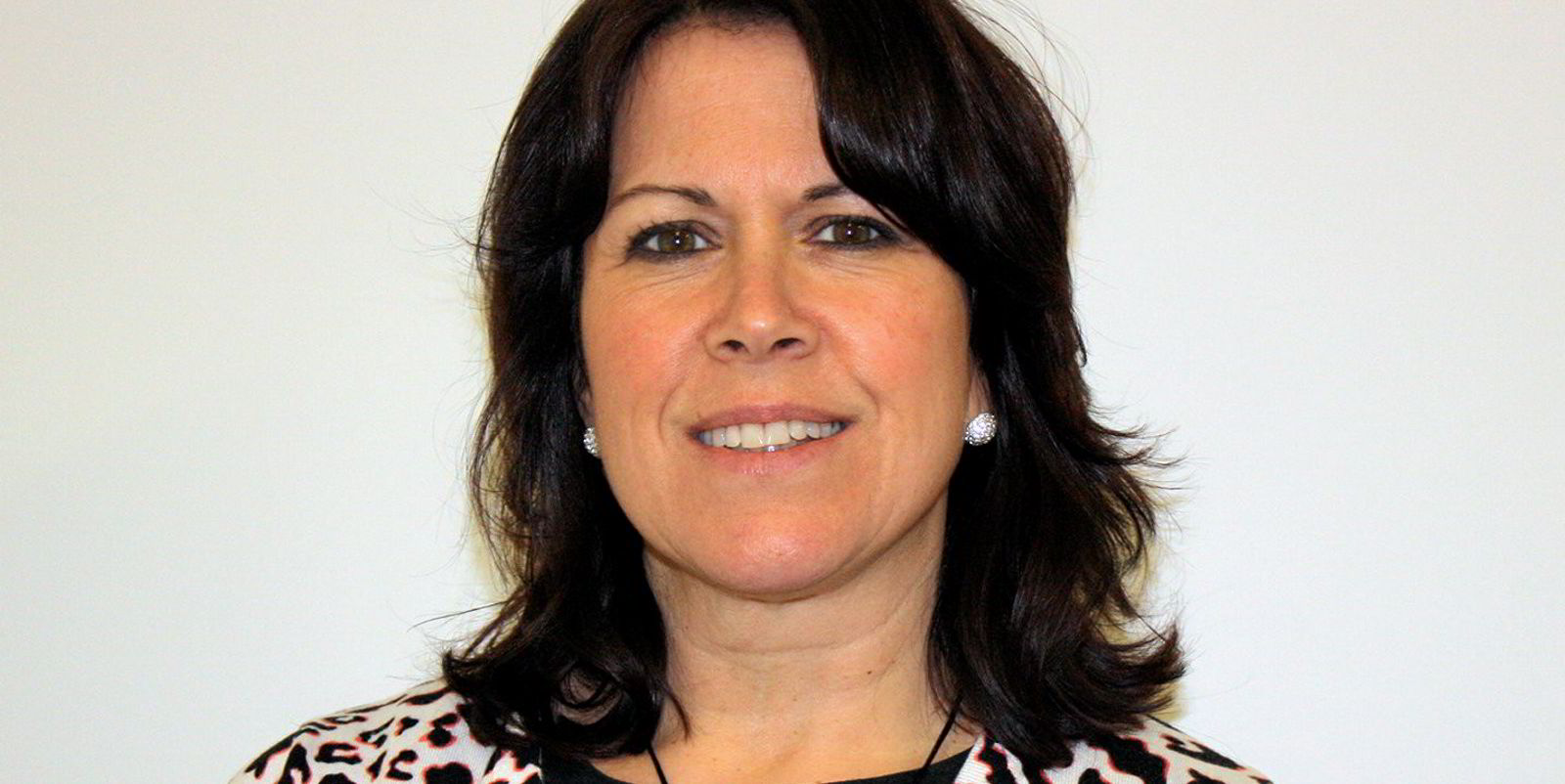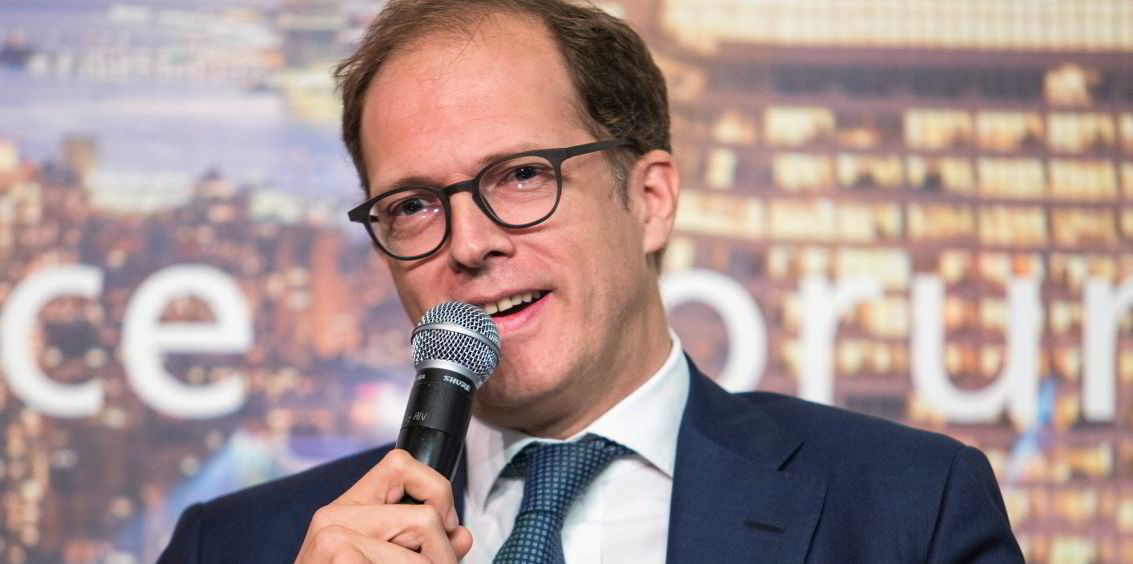Shipowners, charterers and other shipping stakeholders have launched a new concerted effort to protect seafarers from Covid-19 and make crew changes easier as lockdowns bite.
A coalition of 314 companies and organisations have signed up to the Neptune Declaration on Seafarer Wellbeing and Crew Change.
Shipowners and operators involved include big names such as AP Moller–Maersk, John Fredriksen's shipping empire, CMA CGM, Mediterranean Shipping Co, Hapag-Lloyd, NYK Line and Louis Dreyfus Co.
Charterers include Anglo-American, Shell, BP, Dow, Vitol, Rio Tinto, Vale and Unilever.
Banks and shipbuilders are also on board, with the likes of ING, Citi and Mitsubishi Shipbuilding on the list.
Belgian tanker owner Euronav revealed it had signed up earlier this month.
The key aims are to:
• Recognise seafarers as key workers and give them priority access to Covid-19 vaccines;
• Establish and implement gold-standard health protocols based on existing best practice;
• Increase collaboration between ship operators and charterers to facilitate crew changes;
• Ensure airline connectivity between key maritime hubs for seafarers.
The Neptune signatories called the Covid-19 crew-change crisis "unprecedented".
The issue is still far from resolved, despite significant efforts by international organisations, governments, industry associations, labour unions, NGOs and individual companies.
In December, the UN General Assembly adopted a resolution on international cooperation to address the issue.
Physical and mental strain
"Fatigue after extended periods at sea has significant consequences on the physical and mental well-being of seafarers," a statement from the declaration's partners said.
"It also increases the risk of maritime incidents and environmental disasters, and poses a wider threat to the integrity of global supply chains, which depend on safe and reliable maritime transport."
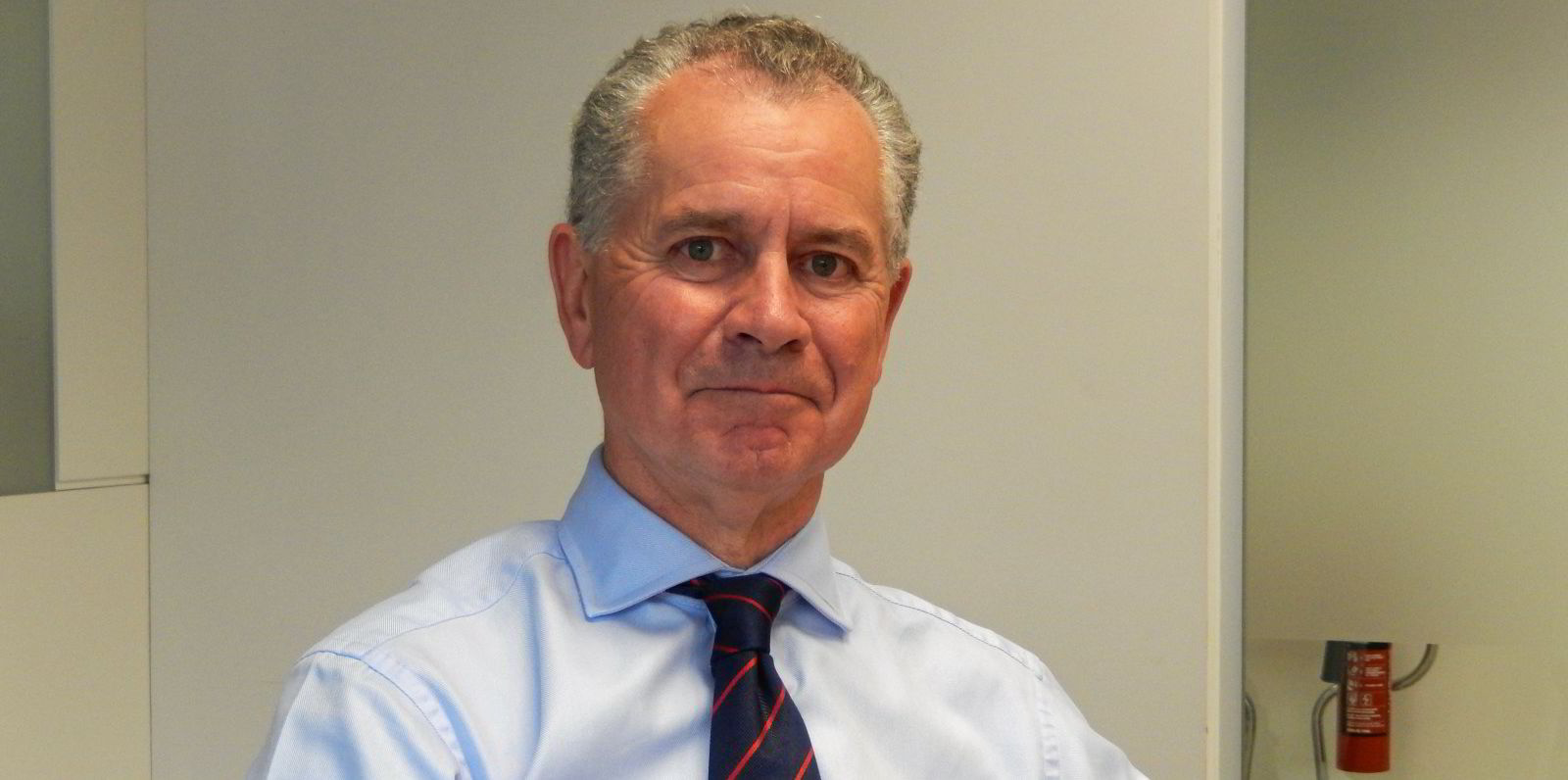
The declaration was set up by a task force led by Jeremy Nixon, chief executive of boxship line Ocean Network Express (ONE), and Graham Westgarth, chairman of ship manager V.Group.
This steering committed featured charterer Cargill and owners Dorian LPG, GasLog and AM Nomikos & Son, plus crew agency Philippine Transmarine Carriers.
Also on the committee were ship manager Synergy Group, the Global Maritime Forum, the International Chamber of Shipping, the International Maritime Employers’ Council, the International Transport Workers’ Federation, the Sustainable Shipping Initiative and the World Economic Forum.
The partners believe authorities are still perceiving seafarers as a Covid-19 risk, which has limited the possibilities of crew changes.
"We believe that the most effective way of addressing the crew-change challenge, and building a more resilient maritime logistics chain, is by working together across the value chain with industry stakeholders, organisations and with governments to implement solutions that work in practice," they said.
The stakeholders have committed to take action themselves, while calling on relevant government bodies to join the efforts.
They want to see a standardised format for health passes that contain tamper-proof information about vaccination and testing status to facilitate crew changes.
Cooperation is key
Owners and charterers should share information and collaborate to ensure minimal delays and costs.
Shipowners have been asked to provide charterers with as much notice as possible of changes, while charterers should make "all reasonable efforts" to accommodate the switch-overs, including route deviations.
The declaration also stipulates that no charter contracts should contain clauses preventing necessary crew changes from being carried out.
And it calls on the aviation industry to work with shipping to ensure that airlift capacity is established between major crew-changing hubs and seafaring nations.
A crisis at sea
"We are witnessing a humanitarian crisis at sea," Nixon said.
"Throughout the coronavirus pandemic, seafarers have kept the world supplied with food, energy and other vital goods, with no line of sight of when to go home to their families."
Nixon said crews had become hostages of the situation, unable to disembark from their ships.
"Yet, we can put an end to the crew-change crisis without any risk to the general public health," he said.
Westgarth said seafarers are playing a significant role in the global race to halt the pandemic by providing critical medical supplies, particularly in developing economies.
"They are crucial to millions of people's well-being," he said. "We call on our peers, government bodies and other stakeholders to join us in our efforts to ensure that the rights and well-being of the front-line workers of global supply chains are respected."
